The 2019 EP Elections across Europe
-
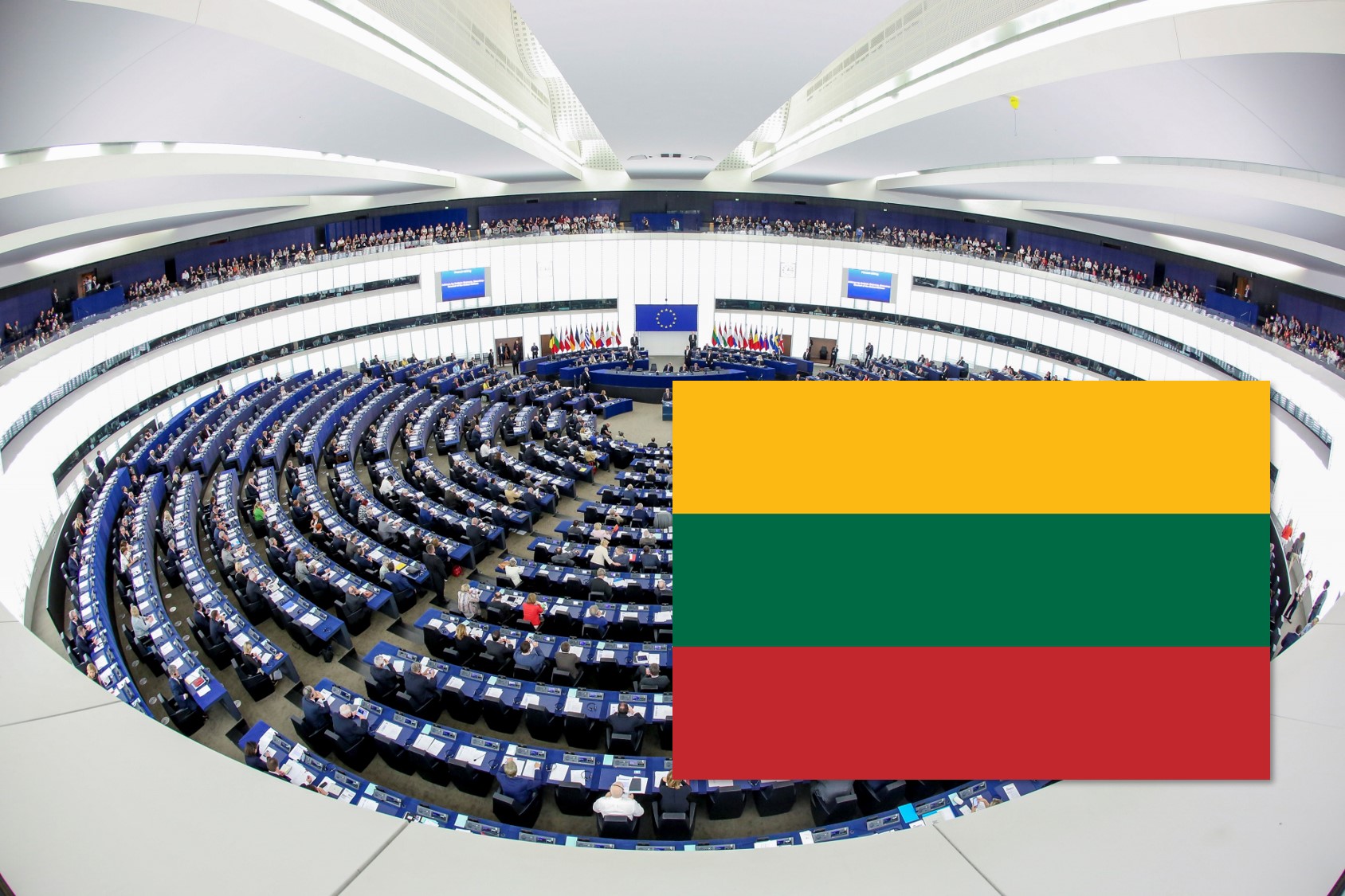
Lithuania: Defeat of Eurosceptic Parties in the Shadow of Presidential Campaign
European parliament (EP) election in Lithuania was overshadowed by the competitive…
-

United Kingdom: European Elections in the run-up to Brexit
The campaign for the 2019 European Parliamentary election in the United…
-
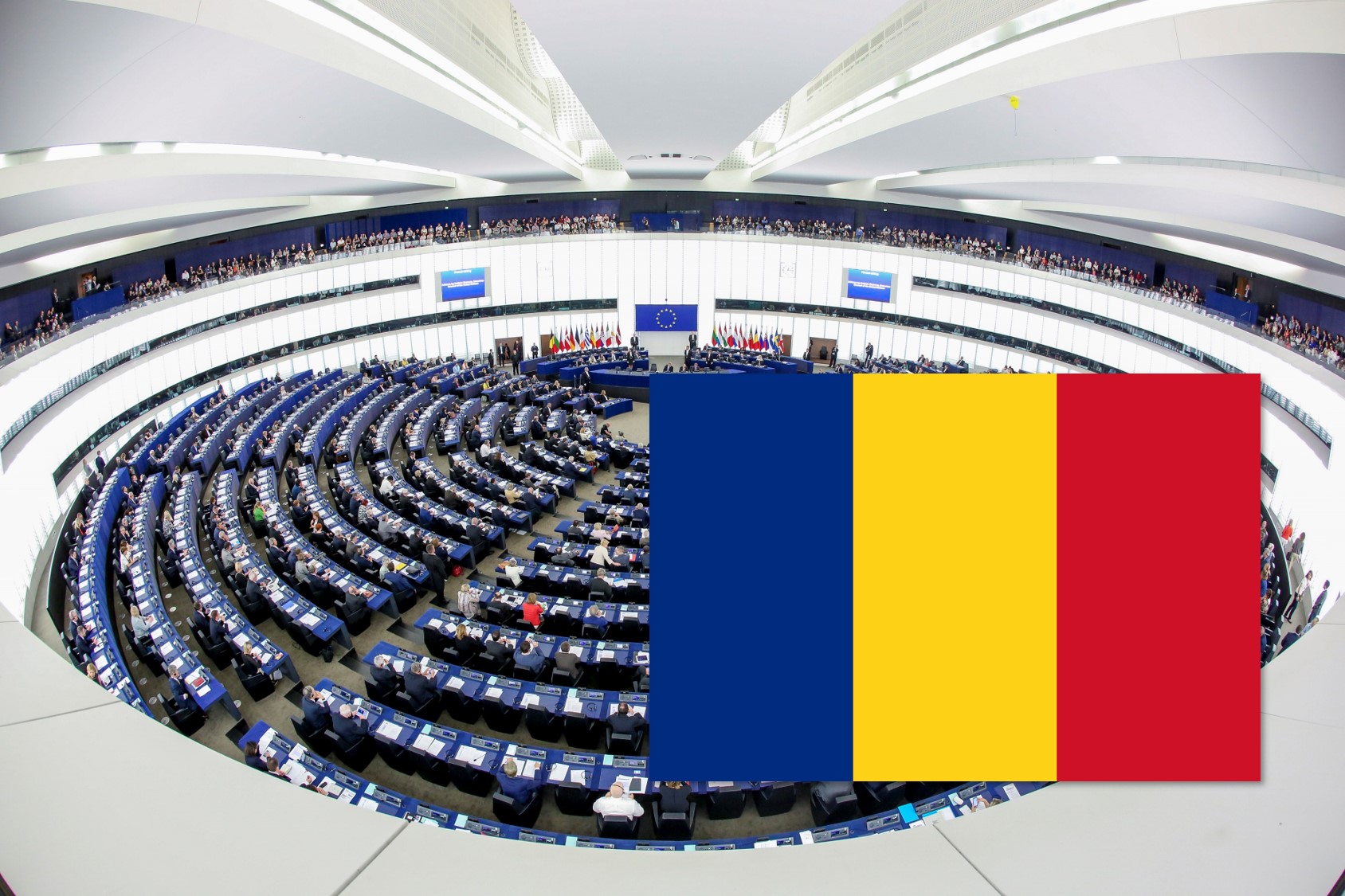
Romania: Between National Politics and European Hopes
Introduction Romania organized elections for the European Parliament (EP) for the…
-
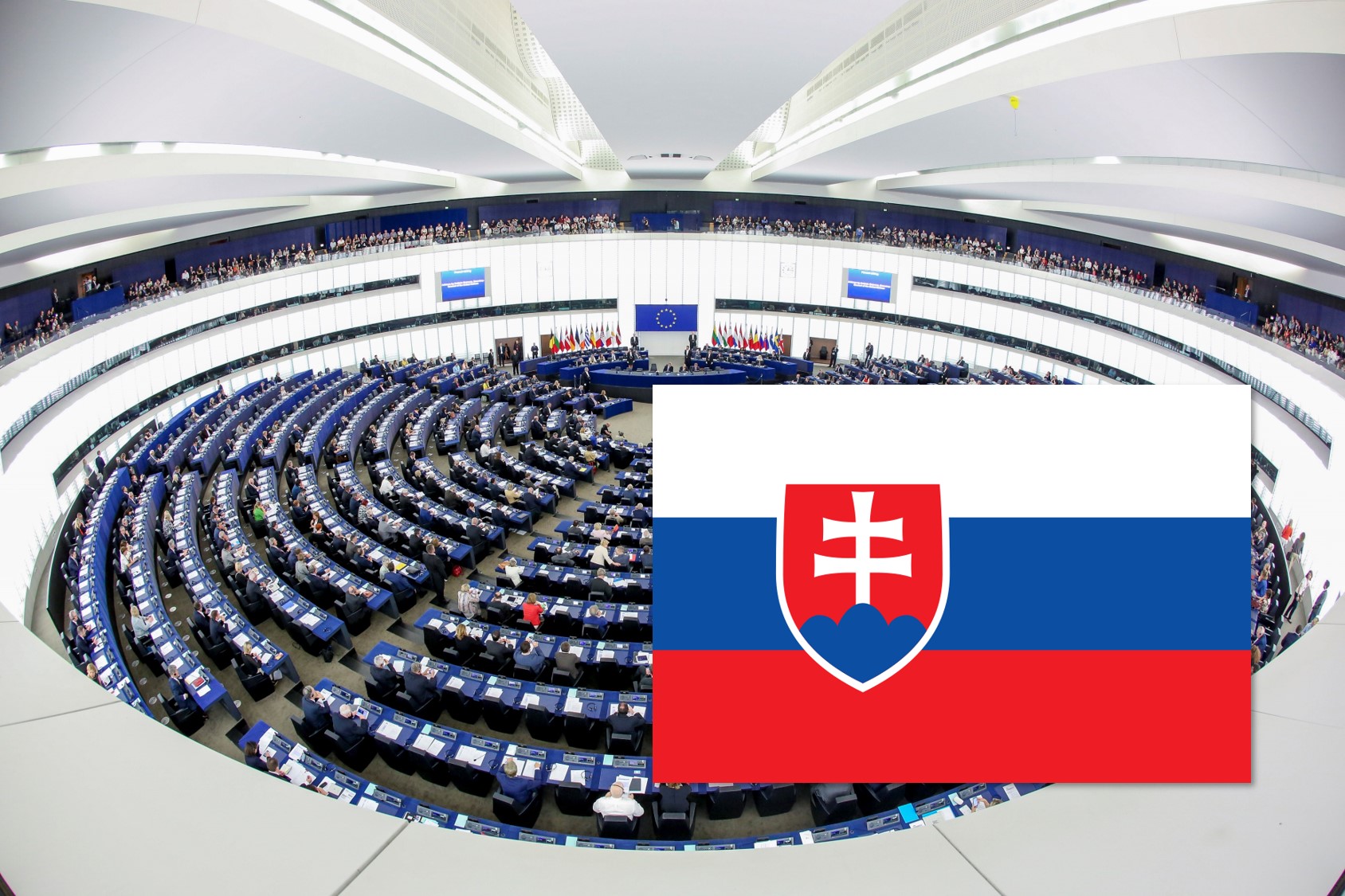
Slovakia: Continuation of Electoral Earthquakes
On May 25 European Parliament (EP) election was held in…
-
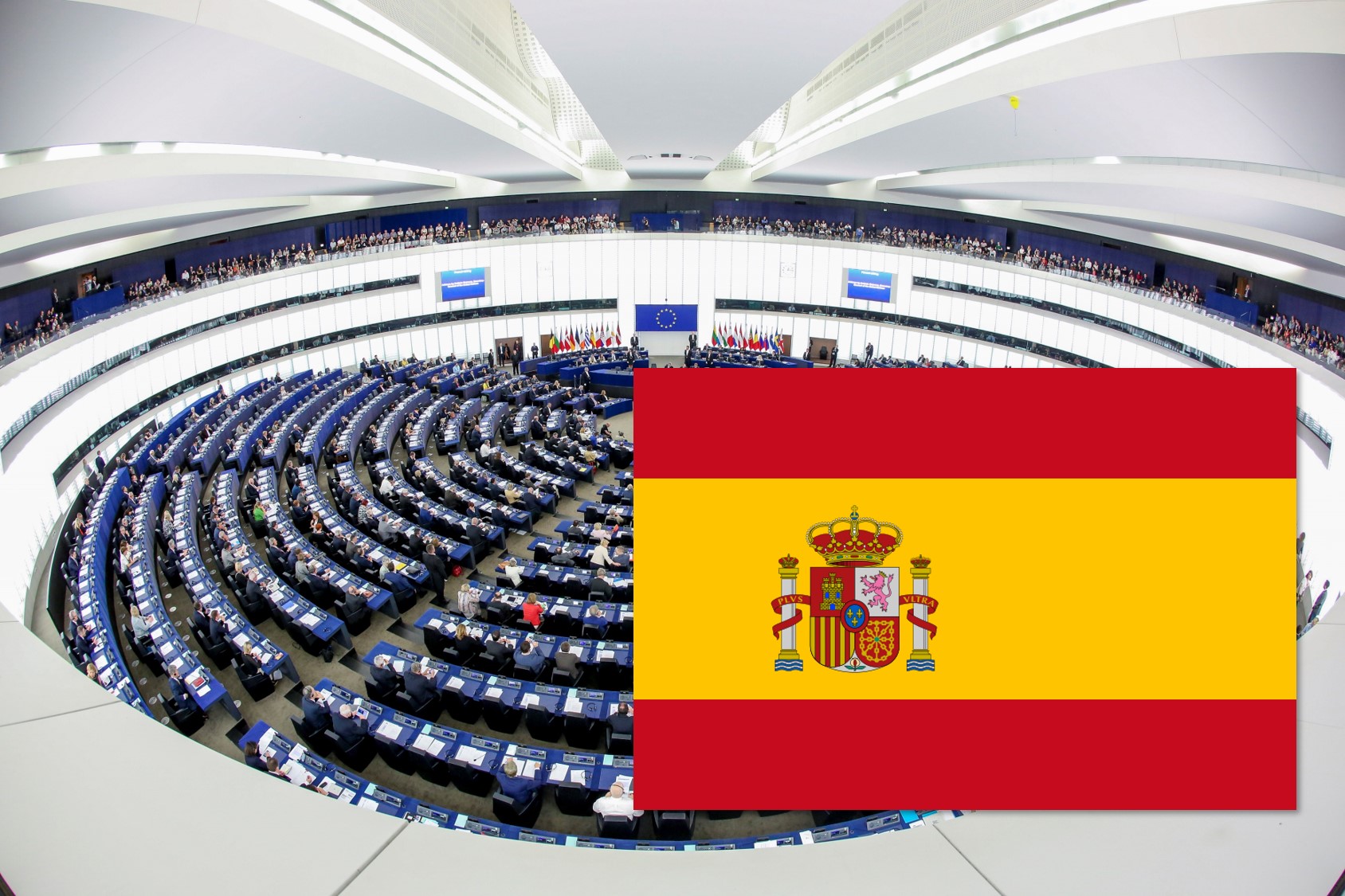
Spain: The endless election cycle
The eighth Spanish European Parliament Election (EPE) marked the end of…
-

Portugal: defeat for the right, challenges for the left
The context During the last five years, Portugal has been regarded…
-
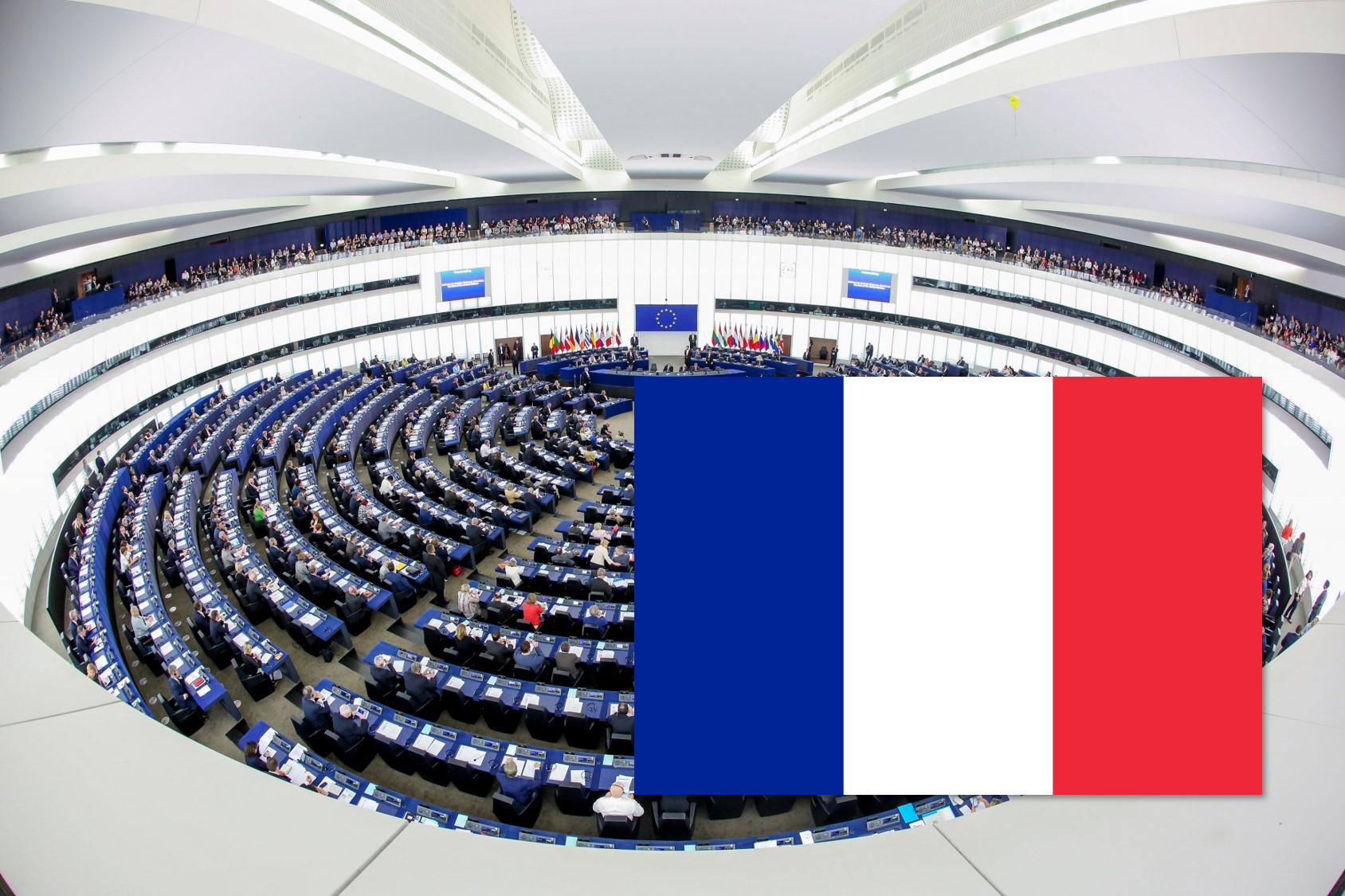
France: Setting the stage for 2022
The election of the European Parliament took place in metropolitan France…
-
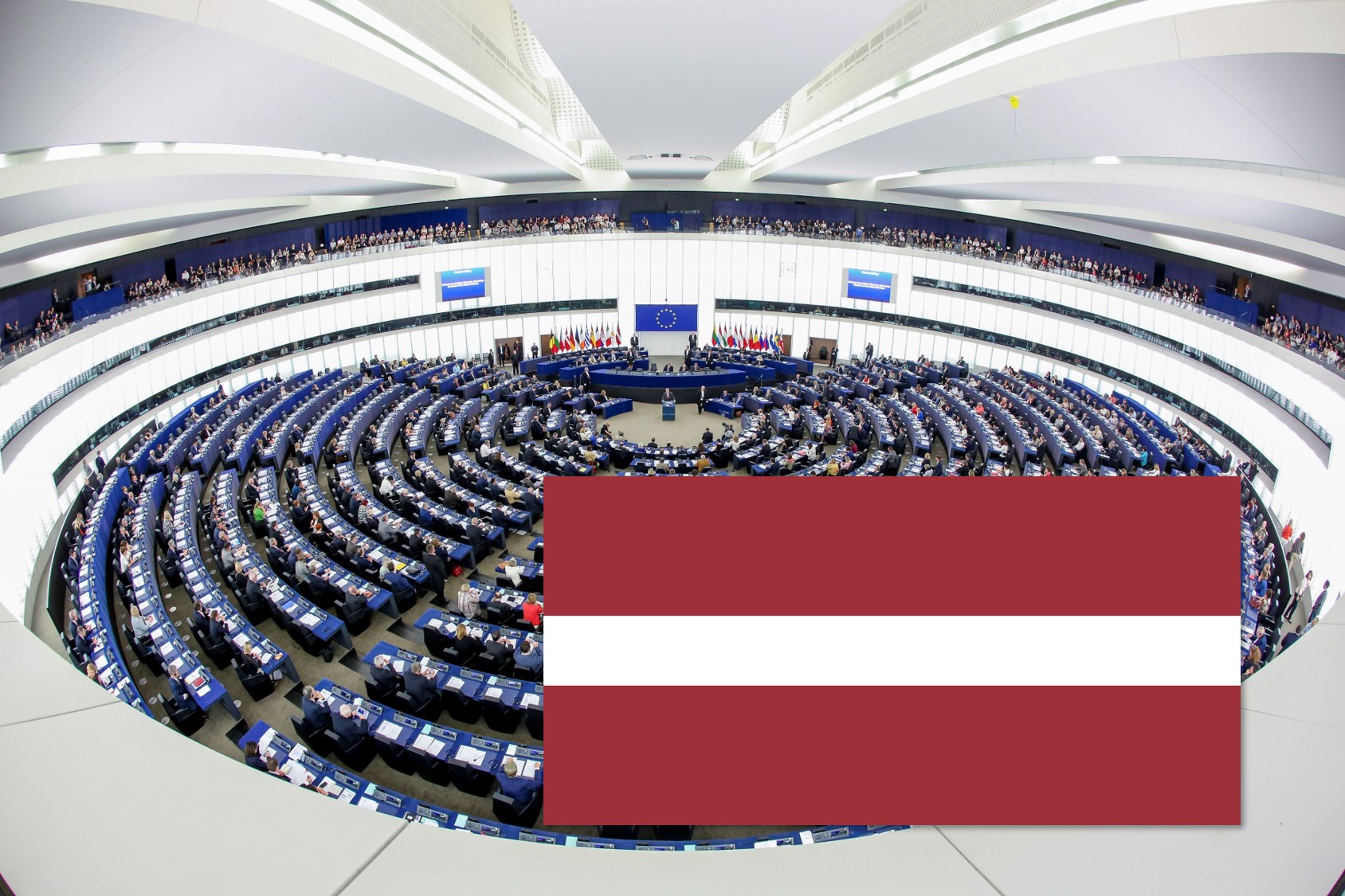
Latvia: EUropean expertise matters
Latvia was one of the few EU countries that went to…
-

Salvini’s hattrick: numerical, geographical, strategic victory; the comeback of the PD; the decline of the 5 stars; and Meloni’s surprise
A triple victory for Salvini: numerical (he becomes the center of…
-
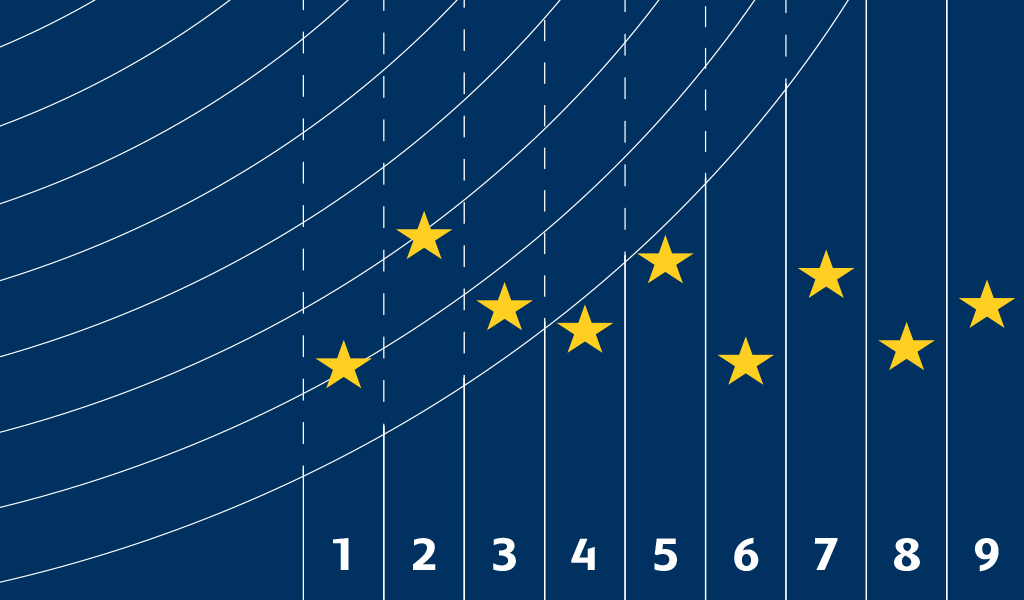
Luiss Election Night
Domenica 26 maggio, dalle ore 22, Luiss organizza una maratona elettorale in occasione delle…